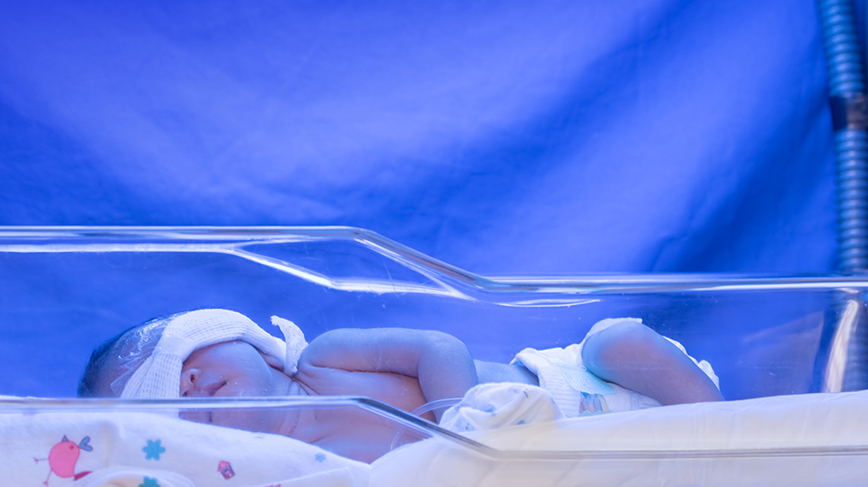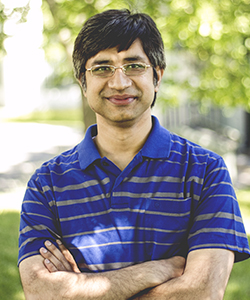AI can detect infection before it’s too late

Artificial intelligence can detect an infection as early as 24 hours before healthcare providers see signs of it. "Since there are often no early clear symptoms of infection, sensor technology can save the lives of infection-sensitive patients, such as premature babies," says KTH researcher Saikat Chatterjee.
When a person is infected, the body's parameters and values change relatively slowly. It’s not until the infection has broken out that the body's immune system begins to fight bacteria and viruses, with clear changes in heart rate, blood pressure, breathing patterns and temperature.
“In sensitive patients and infants, by the time the infection breaks out and results in a fever and rash, the damage is usually already done. It is simply too late to stop the progression of the disease,” Chatterjee says.
Too many babies die from infectious diseases that could have been treated if they had been detected in time, Chatterjee says.

Chatterjee is the principal supervisor of a research group from KTH that has collaborated for four years with Neonatal care at Karolinska University Hospital, analyzing information from babies in an intensive care unit with the capacity to treat 50 premature babies at a time.
“Thanks to advanced AI and sensors connected to the beds' technology systems, healthcare professionals in the studies are now able to start treating infections 24 hours earlier than usual. For optimal treatment, doctors want to be alerted to an infection three days before the onset of symptoms. So we continue to refine the technology," Chatterjee says.
He says life-threatening conditions during hospitalization—such as sepsis—will be prevented and treated more effectively in the future, thanks to AI systems.
The technology has also been shown to predict the type of infection that is about to break out.
"When a patient's physical condition is monitored in detail through advanced AI, the medical care team gains precious time to make important life-saving decisions," he says.
“The goal is not to replace doctors with automated technologies,” he says. “But the new AI tools play an important role in the future of healthcare and will be a valuable tool for doctors and healthcare professionals.”
Katarina Ahlfort
Photo: Praisaeng/Mostphotos

